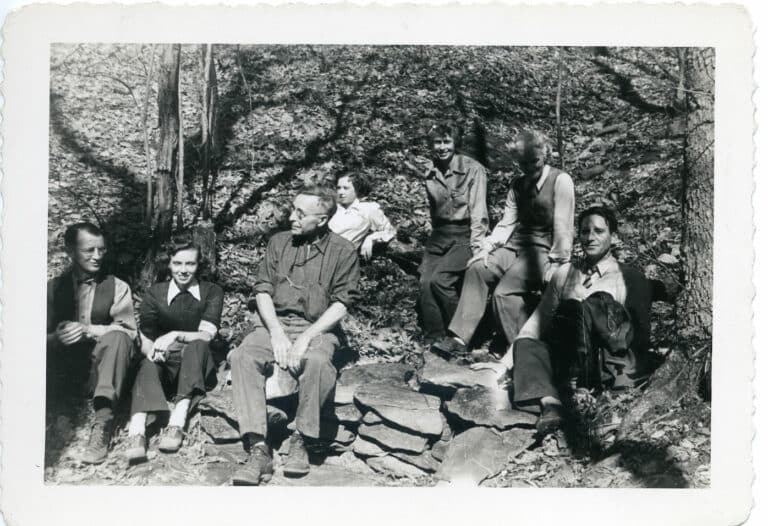Dear EarthTalk: I’ve been hearing about the great gas mileage for Volkswagens that use diesel fuel. But is it better for the environment to use diesel or unleaded gasoline? — K. Cronk, Bay City, MI
In the past, diesel fuel was always considered dirtier than gasoline. But newer standards regulating sulfur content and improved technology in diesel engines have made diesel somewhat kinder to the environment. Many eco-advocates now tout diesel as a viable and preferable alternative to regular unleaded gasoline.
Where diesel fuel really shines over gasoline is improved fuel economy thanks to its higher “energy density”: Diesel contains more power per liter than gasoline. Today’s diesel engines have 20-40 percent better fuel economy than their gasoline counterparts, which some say more than makes up for the fact that they also produce about 15 percent more greenhouse gases. This greater efficiency means that diesel engines emit less carbon monoxide and carbon dioxide and fewer hydrocarbons than gasoline engines.
Diesel’s downside is that it emits larger amounts of nitrogen compounds and particulate matter (soot) that can cause respiratory problems and even cancer. The California Air Resources Board (CARB) attributes 70 percent of that state’s cancer risk from airborne toxins to soot from diesel cars and trucks. Nationwide, studies have shown a 26 percent mortality increase for those living in soot-polluted areas.
But diesel’s dark side is getting a little brighter, thanks to new technologies such as Mercedes-Benz’ BlueTEC system (now used in many VW, Audi and Chrysler diesel models) that filters particulates while improving overall engine performance. The Diesel Technology Forum (DTF), a trade association of carmakers, engine builders and petroleum distributors, reports that technologies now commonplace in new diesel engines reduce the tailpipe output of particulate matter by as much as 90 percent and nitrogen oxides by some 50 percent compared to diesel engines on the road just a decade ago.
“The industry has made significant strides in recent years to develop diesel systems that are cleaner and more efficient than ever before,” reports DTF. “Thanks to state-of-the-art engines, cleaner-burning fuels, effective emissions-control systems, and advancements in the fuel injection system, it would take 60 trucks sold today to equal the soot emissions of one 1988 truck.” U.S. Environmental Protection Agency (EPA) data shows that airborne diesel particulate levels fell by more than 37 percent during the 1990s.
Meanwhile, continually improving fuel efficiency standards in the European Union (where the majority of new cars purchased in many member countries use diesel fuel) are forcing carmakers to design more fuel efficient, less polluting vehicles around the world. After all, there’s no sense in designing better engines for one region with high standards and another for areas with less stringent rules. Another green benefit of diesel-powered engines is their ability to run on plant-derived biodiesel instead of petroleum-based diesel. And in the near future consumers may be able to shop for new diesel-electric hybrid cars now on the drawing boards of major automakers around the world. For now, consumers looking to buy a new or used car—diesel or otherwise—can see how different models stack up in regard to efficiency and emissions via the FuelEconomy.gov website, a joint effort of the EPA and the U.S. Department of Energy.
CONTACTS: CARB, www.arb.ca.gov; Mercedes-Benz’ BlueTEC, www.mbusa.com/bluetec; Diesel Technology Forum, www.dieselforum.org; FuelEconomy.gov, www.fueleconomy.gov.
SEND YOUR ENVIRONMENTAL QUESTIONS TO: EarthTalk®, c/o E – The Environmental Magazine, P.O. Box 5098, Westport, CT 06881; [email protected]. E is a nonprofit publication. Subscribe: www.emagazine.com/subscribe; Request a Free Trial Issue: www.emagazine.com/trial.







